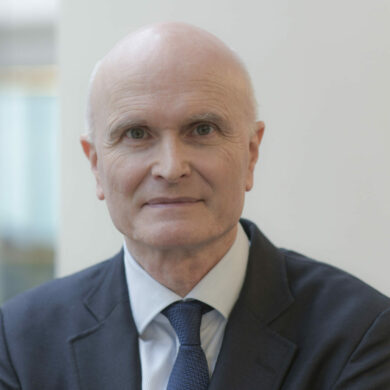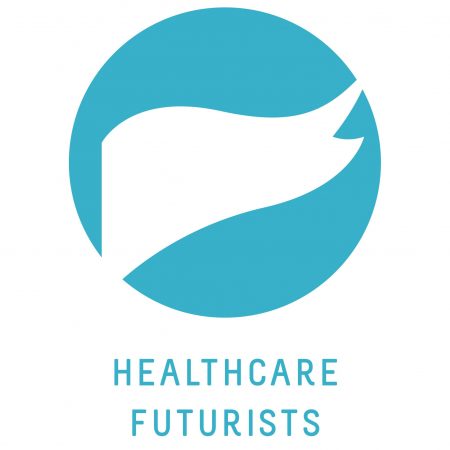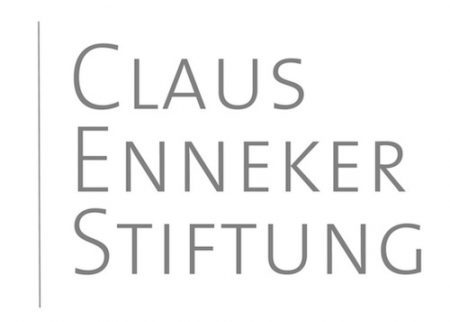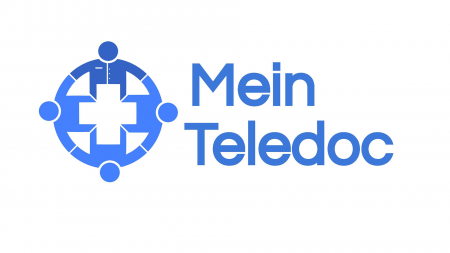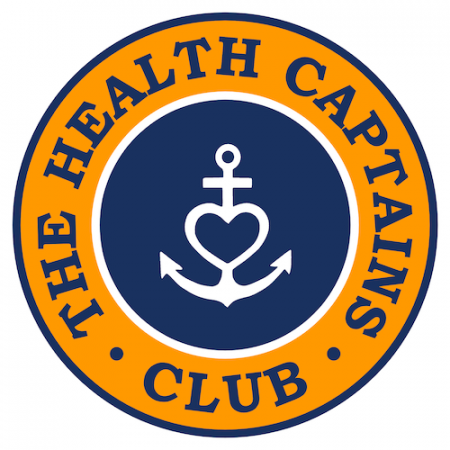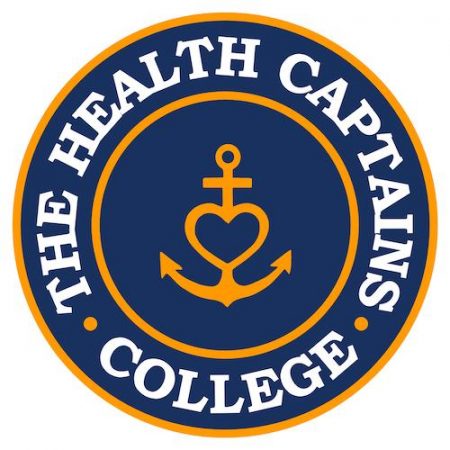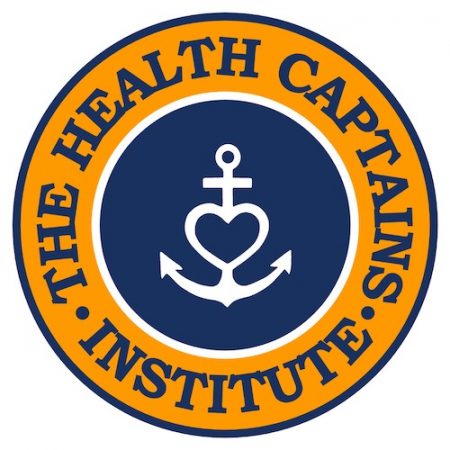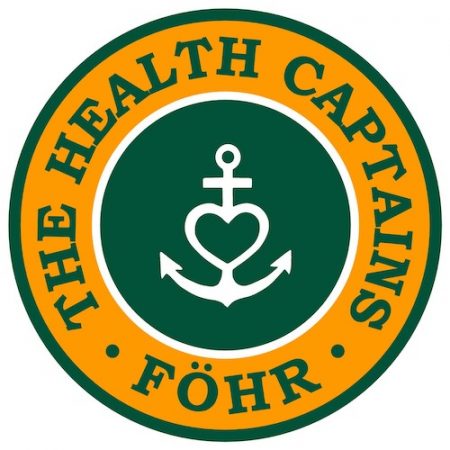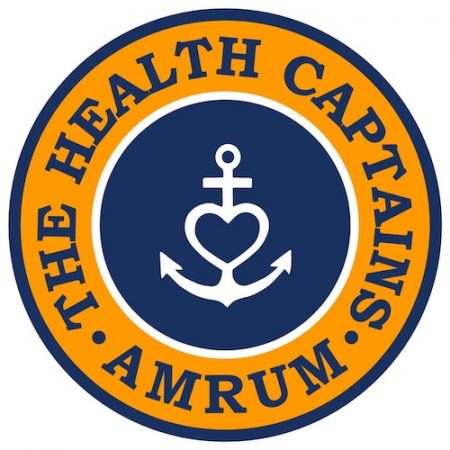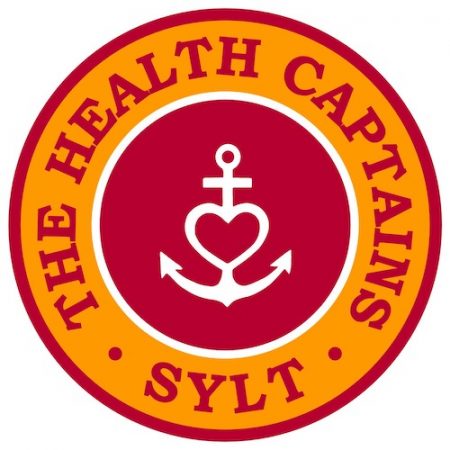
VALUE-BASED HEALTHCARE
LEADERSHIP FOR SUSTAINABLE VALUE-BASED HEALTHCARE
THE HEALTH CAPTAINS CLUB PROMOTES TO FOCUS ON VALUE AND POSITIVE OUTCOMES FOR THE PATIENT IN THE TRANSFORMATION FROM DISEASE-REACTIVE HEALTHCARE TOWARDS MORE PREDICTIVE, PREVENTIVE, PRECISION AND PARTICIPATORY MEDICINE FOR MORE SUSTAINABLE VALUE-BASED HEALTHCARE DELIVERY AT SCALE IMPLEMENTING AND BALANCING SUSTAINABLE MEDICINE WITH HEALTHSPAN MEDICINE FOR ALL TO REDUCE THE SICKSPAN BASED ON THE VALUE-BASED HEALTHCARE DELIVERY MODELL AS DEVELOPED AND DEPLOYED BY PROFESSOR MICHAEL PORTER AT HARVARD BUSINESS SCHOOL AND TILL TODAY REVISED, ADAPTED AND EXPANDED BY MANY COLLEAGUES WORLDWIDE
Value-Based Healthcare (VBHC):
Summary
Definition:
Value-Based Healthcare (VBHC) is a healthcare delivery model in which providers, including hospitals and physicians, are paid based on patient health outcomes. Unlike traditional fee-for-service models that reward volume, VBHC rewards value: the quality and efficiency of care delivered. The goal is to improve patient outcomes while reducing overall healthcare costs.
Key equation: Value = Health outcomes / Cost of delivering outcomes
The concept was popularized by Michael E. Porter and Elizabeth Teisberg in their 2006 book “Redefining Health Care.”
“The fundamental goal in healthcare must be value for patients, not access, volume, convenience, or process.”
Michael Porter – Distinguished Professor Harvard Business School
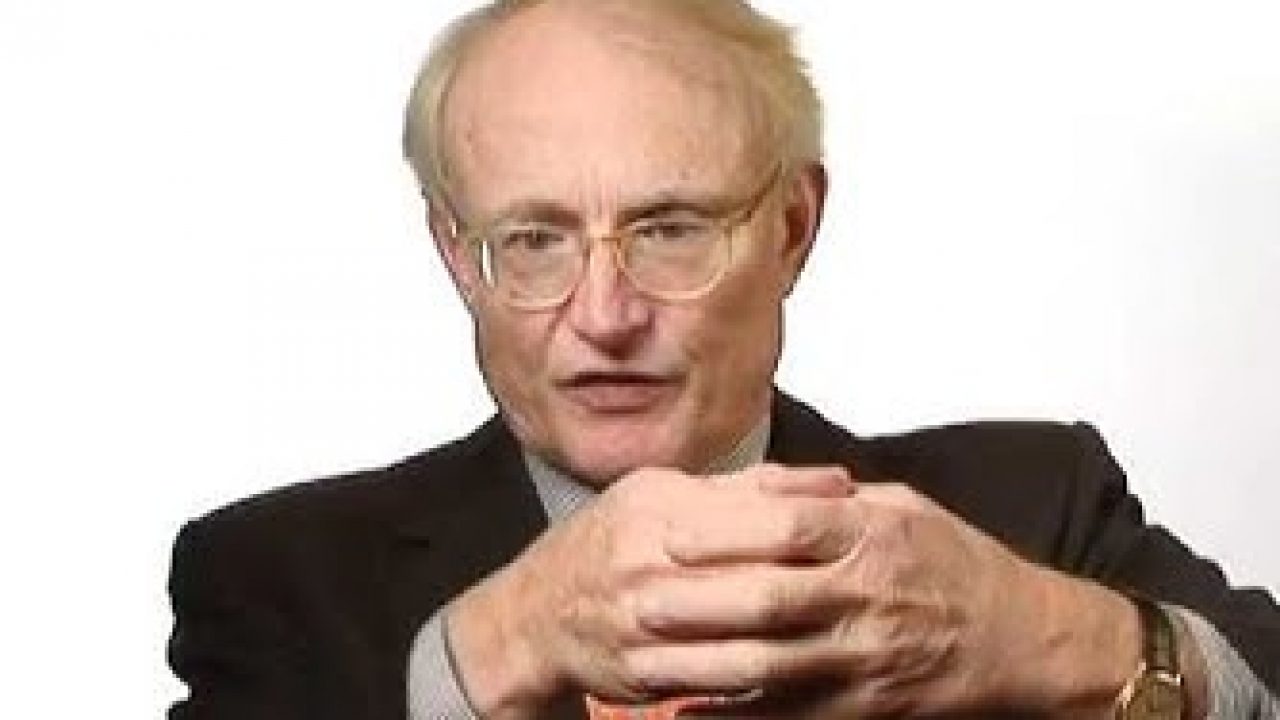
International Showcases of VBHC
1. Netherlands – St. Antonius Hospital
Implemented integrated care pathways and outcome measurement in cardiovascular care.
Partnered with insurers to reimburse based on outcomes, not services.
2. Sweden – Karolinska University Hospital
Developed comprehensive outcome registries.
Focused on value-driven care by restructuring around patient conditions (e.g., prostate cancer).
3. USA – Cleveland Clinic
Restructured care delivery around patient outcomes.
Established patient-centered care teams and rigorous outcome measurement.
4. United Kingdom – NHS England’s VBHC Programme
Launched pilot projects measuring and rewarding improvements in outcomes for chronic conditions like diabetes and cancer.
5. Spain – Ribera Salud Group (Valencia Region)
Public-private integrated model with a capitation-based payment tied to performance and patient satisfaction.
6. Germany – University Medical Center Schleswig-Holstein (UKSH)
Focus: Holistic, patient-centered psychiatric care.
Approach: Interdisciplinary collaboration and use of big data to tailor personalized treatments.
Impact: Improved outcomes for patients with mental health conditions through integrated care strategies.
7. Germany – University Hospital Essen
Focus: Integrated care for migraine patients.
Approach: Combines medical, psychological, and physiotherapy services at a single location.
Impact: Enhanced patient outcomes and cost savings through coordination and specialization.
8. Germany – Gesundes Kinzigtal (Healthy Kinzigtal)
Focus: Regional population health management.
Approach: Implements the Triple Aim (better care, better health, lower cost) by linking local doctors, hospitals, and insurers.
Impact: Demonstrated improved population health and reduced healthcare spending.
9. Germany – Schön Klinik
Focus: Quality-driven specialty care.
Approach: Uses outcome measurement and continuous quality improvement, inspired by Michael Porter’s VBHC framework.
Impact: Recognized for improved patient outcomes and operational efficiency, particularly in orthopedic and mental health care.
10. Germany – Martin Klinik Hamburg
Specialization: Focused exclusively on prostate cancer, facilitating deep expertise and high surgical volumes.
Patient-Centric: Emphasizes quality of life metrics and long-term follow-up.
Data-Driven: Utilizes real-world data to drive clinical improvements and innovation.
Collaborative: Integrated within a university hospital network to provide holistic care.
Transparent: Regularly shares outcomes data to promote accountability and continuous learning.
- Martini-Klinik exemplifies VBHC by aligning clinical outcomes with patient priorities, fostering a culture of continuous improvement, and leveraging data to enhance care quality
Key Organizations in the VBHC Field
1. International Consortium for Health Outcomes Measurement (ICHOM)
Develops standardized outcome sets for conditions worldwide.
2. World Economic Forum (WEF)
Promotes VBHC as a path to sustainable healthcare systems.
3. Health Outcomes Observatory (H2O)
EU initiative focused on enabling patient-reported outcomes.
4. Institute for Strategy and Competitiveness (Harvard Business School)
Led by Michael Porter, supports VBHC theory and practice.
5. OECD – Health Division
Evaluates and recommends health policy reforms including VBHC frameworks.
References and Suggested Reading
1. Porter, M.E. & Teisberg, E.O. (2006). Redefining Health Care: Creating Value-Based Competition on Results.
2. ICHOM ([https://www.ichom.org](https://www.ichom.org))
3. World Economic Forum Reports on VBHC ([https://www.weforum.org](https://www.weforum.org))
4. OECD Health at a Glance reports ([https://www.oecd.org/health/](https://www.oecd.org/health/))
5. European Commission on Value-Based Healthcare ([https://health.ec.europa.eu/](https://health.ec.europa.eu/))
6. Gray, M. (2017). Value Based Healthcare. BMJ Books.
Some value-based Healthcare Lectures by Professor Michael Porter to highlight #VBHC

Professor Michael Porter, in an interview with Charlie Rose

Michael Porter on Paving the Way for Value-Based Health Care

Michael Porter on “Value Based Health Care Delivery”
EUROPEAN VALUE-BASED HEALTH REGIONS
SCALING THE CONCEPT AND ACTIONPLAN OF DR. FRANCESCO DE MEO TOWARDS A EUROPE OF REGIONS FOR SUSTAINABLE HEALTH
“Den schlafenden Riesen Wecken. Wie eine gesundes Gesundheitssystem entsteht, wenn wir es wirklich wollen”
“Waking the Sleeping Giant: How to Create a Healthy Healthcare System If We Really Want It”
#schlafendenRiesen #sleepingGiant
This summary underscores the transformative potential of Francesco De Meo’s Vision when applied towards the Europe of Regions, highlighting the importance of regional collaboration and innovative leadership in shaping the future of sustainable healthcare.
Abstract
In Den schlafenden Riesen wecken, Dr. Francesco De Meo presents a compelling critique of Germany’s healthcare system, advocating for a transformative approach rooted in regional collaboration, digital innovation, and patient-centered care.This summary explores how his insights can inform the development of “European Health Regions” aimed at fostering sustainable medicine and health across Europe. It also examines the potential for scaling this model through The Health Captains Club, a platform dedicated to collaborative health leadership.
Overview
Dr. Francesco De Meo, drawing from his extensive experience managing Europe’s largest private hospital group, identifies systemic issues plaguing the German healthcare system: excessive bureaucracy, fragmented care, and a lack of patient-centric focus. His book outlines a vision for a reformed system characterized by regional networks, efficient resource utilization, and the integration of modern technologies.
Summary
De Meo’s action plan is encapsulated in ten key episodes, each addressing a fundamental aspect of healthcare transformation:
Breaking the Status Quo: Challenging entrenched structures that hinder innovation.
Aligning Financial Incentives: Ensuring that funding mechanisms promote quality care.
Redefining Realities: Shifting perceptions to embrace new possibilities.
Profitability and Synergy: Balancing economic sustainability with collaborative efforts.
Maximizing Individual Potential: Encouraging contributions from all stakeholders.
Tools and Technologies: Leveraging digital solutions to enhance care delivery.
Digital Health Infrastructure: Building interconnected systems for seamless service.
Global Health Integration: Recognizing the interconnectedness of health worldwide.
Embracing Truth: Promoting transparency and accountability.
Competitive Transformation: Fostering an environment conducive to continuous improvement.
Central to De Meo’s Philosophy is the concept of “BE FASTER”—a framework emphasizing:
Budgeting – Efficiency – Flexibility – Agility – Scalability – Transformation – Effectiveness – Relevance
This approach advocates for a bottom-up transformation, empowering local entities to drive change, rather than relying solely on top-down mandates.
Outlook
The principles outlined by De Meo offer a robust foundation for establishing “European Health Regions”—collaborative networks that transcend national borders to address common health challenges. These regions would focus on sustainable practices, equitable access, and the integration of innovative solutions. By aligning with platforms like The Health Captains Club, which fosters cross-sectoral collaboration and leadership in health, there is significant potential to scale these initiatives across Europe and beyond.
THE HEALTH CAPTAINS CLUB can serve as a catalyst for this transformation, bringing together leaders from various sectors to synchronize efforts towards a unified vision of Health 4.0. Through initiatives like the HealthApéros and The Health Captains College and Institute, the platform facilitates knowledge exchange, mentorship, and the development of next-generation leadership in health.
References
De Meo, F. (2024). Den schlafenden Riesen wecken: Wie ein gesundes Gesundheitssystem entsteht, wenn wir es wirklich wollen. Frankfurt Allgemeine Buch – ISBN: 978-3-96251-202-6
- Dr. Francesco De Meo Homepage @ https://francescodemeo.com
“WE DON’T KNOW WHAT WE DON’T KNOW”
EXPLORING THE UNEXPLORED
LEADERSHIP FOR EXPLORING SUSTAINABLE HEALTH
“360º NEXT GENERATION SUSTAINABLE VALUE-BASED LIFECARE POWERED BY NEW INNOVATIONS AND NEW TECHNOLOGIES AND THE SUPER-CONVERGENCE IN MEDICINE AND HEALTH SCIENCES NAVIGATING US TOGETHER TOWARDS A SUSTAINABLE HEALTH INDUSTRY”
AFFILIATES TO THE CLUB
OUR ALLIES
